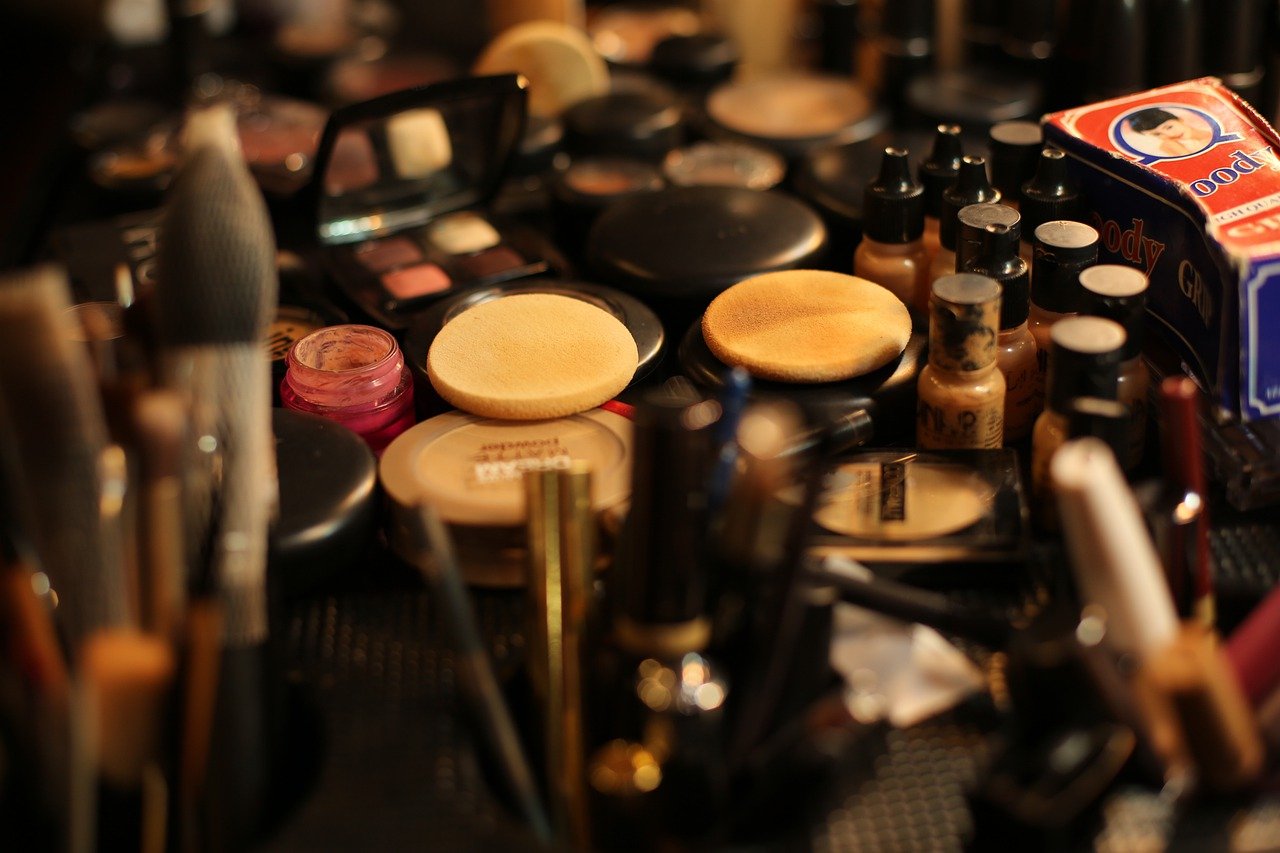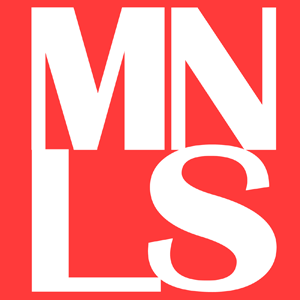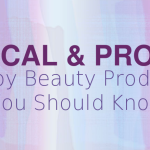
5 Considerations When Starting as a Freelance Makeup Artist
Being a makeup artist can be an exciting career, especially if you have a passion for using cosmetics to enhance or alter a person’s facial features. There’s also the opportunity to meet different people and work in various settings such as weddings, TV shows, and movie sets. Many people also consider it a glamorous job because it’s often associated with beauty and fashion. That’s why plenty of beauty enthusiasts and fashion-forward individuals are attracted to the profession.
Indeed, the bright vanity lights and colorful makeup palettes are more than enough to pique your interest. That said, being a makeup artist requires plenty of work too. Compared to other roles in the beauty industry, freelance makeup artists usually source their clients by themselves. The work of makeup artists is also self-paced, so they need self-discipline to succeed.
If you want to pursue a profession as a freelance makeup artist, here are important factors you’ll need to consider to start and thrive in the business:
Set Up Your Funds
Similar to any other business, starting a freelance makeup artist business requires some initial investments. The majority of these funds is often dedicated to enrolling in a professional makeup course, as well as building your makeup kit. Since freelance makeup artists also travel back and forth to their client’s locations, you also need a budget for transportation expenses.
If you’re shifting from a previous job, you can use your earnings to fund your new business. Otherwise, you might want to consider getting a cash loan. Depending on how much you need to get started, you can borrow a small amount or look for those with flexible payment terms.
Consider Professional Training
While some famous makeup artists are self-taught, it’s a good idea to enroll in a makeup training course. Doing so allows you to enhance your skills and have a better understanding of cosmetics. You’ll also find makeup schools offering various programs such as those teaching the essential makeup techniques to more advanced ones like how to apply theater makeup, special effects, and prosthetics. If you want to focus on a specific niche, enrolling in a program is a great way to become qualified.
Additionally, professional training can help you acquire cosmetic licenses or a makeup artist certification. Depending on where you’ll be operating your freelance makeup artist business, some clients or employers may prefer artists with formal training. In such a case, getting legitimate training can be an advantage.
Build Your Makeup Kit
As a freelance makeup artist, one of the initial investments you need to make is a professional makeup kit. While many quality tools and makeup are expensive, they will definitely last longer and will help you deliver great results. If you have a tight budget, check out professional cosmetic brands; some of them offer artists special discounts. Also, many beauty training schools offer students discounted makeup kits so you might want to take advantage of this.
Aside from investing in quality makeup, you also need to equip your kit with a diverse set of products to accommodate various clients with unique needs. For example, a client might have a particular skin concern that requires a specific type of product. Finally, keep your makeup kit clean and organized. It helps prevent damage to the products and would communicate your professionalism as a makeup artist.
Create an Online Portfolio
As a freelance makeup artist, one of your biggest tasks is to build a client base. The best way to do that is to showcase your talent through an online portfolio. This will help potential clients see evidence of your work and give them a glimpse of what to expect if they hire you. Fortunately, there are many platforms today that allow even the least digitally savvy person to create an online portfolio. Some websites even have templates artists can use to display their works.
Of course, it goes with saying that you should use only high-quality images and videos of your work When building your portfolio. This way, your clients can see every detail. Also, make sure the website is easy to navigate and can be quickly accessed on desktop and mobile devices.
Register as a Freelancer
Even if you’re working as a freelance makeup artist, it’s a good idea to register with the Bureau of Internal Revenue (BIR). Doing so will help you stay compliant with local tax laws and provide proof you’re running a legitimate business. As a benefit, this can also let you issue official receipts, which is a common requirement when dealing with large companies or clients.
When registering as a freelance makeup artist, begin with acquiring a Taxpayer identification number (TIN). If you already have one from your previous work, you’ll need to fill out a BIR form 1901 and declare you’re now self-employed. After submitting the form to BIR, pay the annual registration fee using the payment form 0605. It’s for printing receipts to clients and must be paid every year in January.
Once you’ve paid the necessary fees, submit the requirements to your Revenue District Office (RDO) to get your Certificate of Registration and claim your Authority to Print receipts. You may also need to attend seminars about filing taxes so you don’t miss your contributions and incur penalties. If you have any other concerns or clarifications about registering as a freelance makeup artist, speak with any officer in charge at the local RDO.
While being a freelance makeup artist can be an exciting profession, starting it is similar to any other business. You’ll need certain investments, develop your skills, and find clients. As such, remember to make the considerations mentioned above when starting as a freelance makeup artist. This way, you can set yourself up for success in the business of beauty.
More From Our Site
A group of young professionals just trying to make the most of their time as millennials in Metro Manila.









